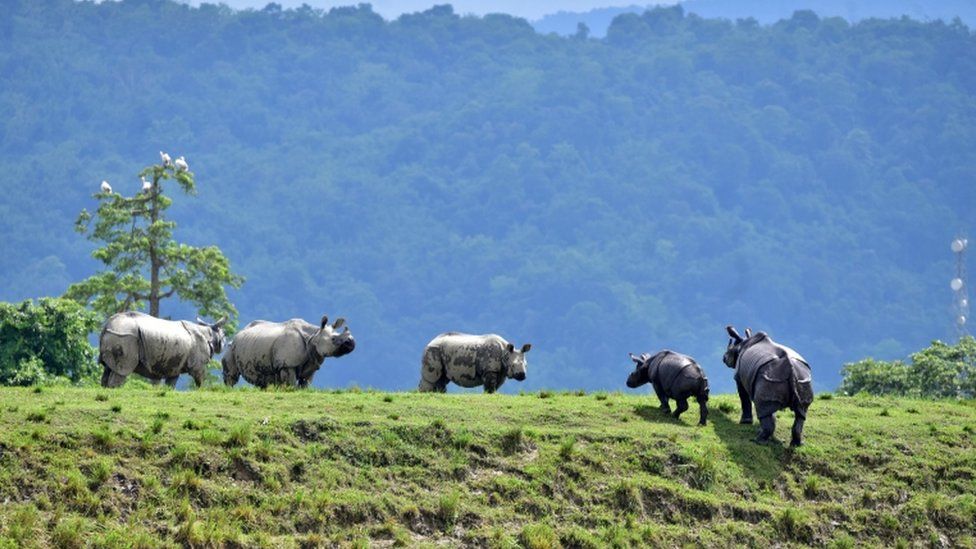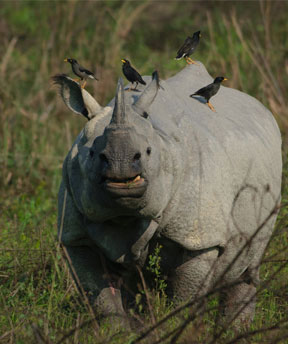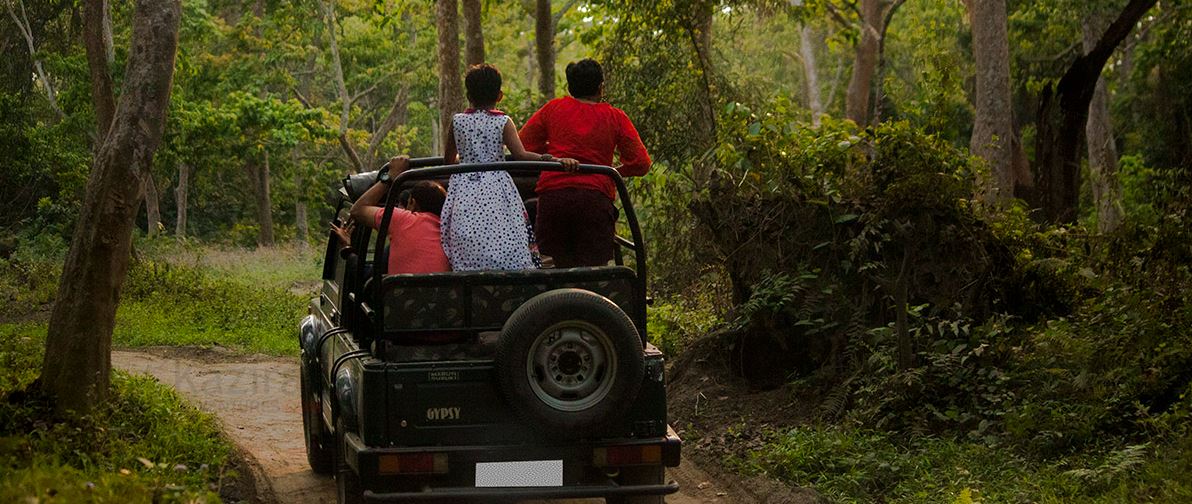
Two baby rhinos will return to Kaziranga National Park after three years
News Update: Here’s good news from Kaziranga National Park! Two rhinos named Krishna and Chandra, who were separated from their mothers in Kaziranga National Park in Assam, will be released after the permission of the central government. According to Local 18 Assam, the Wildlife Rehabilitation and Conservation Centre has taken care of these rhinos for three years. They left no stone unturned in caring and nurturing these animals who were separated from their mothers during the floods. Kaziranga Wildlife Rehabilitation Centre also assisted CWRC in this matter. Doctors and staff of these organizations spent a good amount of time caring for these animals and feeding them. The medical staff of these institutions were waiting for the permission of the central government to release these animals in Kaziranga National Park.

According to forest authority, the staff of CWRC and Kaziranga Wildlife Rehabilitation Centre are seen feeding milk to these rhinos from bottles. They were also allowed to eat grass, grains and fruits. Proper care was also ensured to prepare the bedding of these animals. An official of CWRC or Kaziranga Wildlife Rehabilitation Centre informed News18 about other preparations being made for the care of the rhinos.
Two baby rhinos are set to return to Kaziranga National Park after a three-year period away from their natural habitat. These rhinos were initially rescued as infants and have been cared for and rehabilitated to ensure their survival and well-being. The return of these rhinos marks a significant milestone in conservation efforts aimed at preserving the endangered species and maintaining the ecological balance within the park.
Kaziranga National Park, located in the Indian state of Assam, is renowned for its successful conservation programs and is home to a significant population of the one-horned rhinoceros. The park’s efforts in wildlife preservation and anti-poaching measures have been instrumental in increasing the rhino population over the years.
The reintegration of these young rhinos into their natural environment will be carefully monitored by wildlife experts to ensure a smooth transition and to study their adaptation and behaviour. This initiative underscores the ongoing commitment to wildlife conservation and the importance of providing rescued animals with a chance to thrive in their natural habitats.


